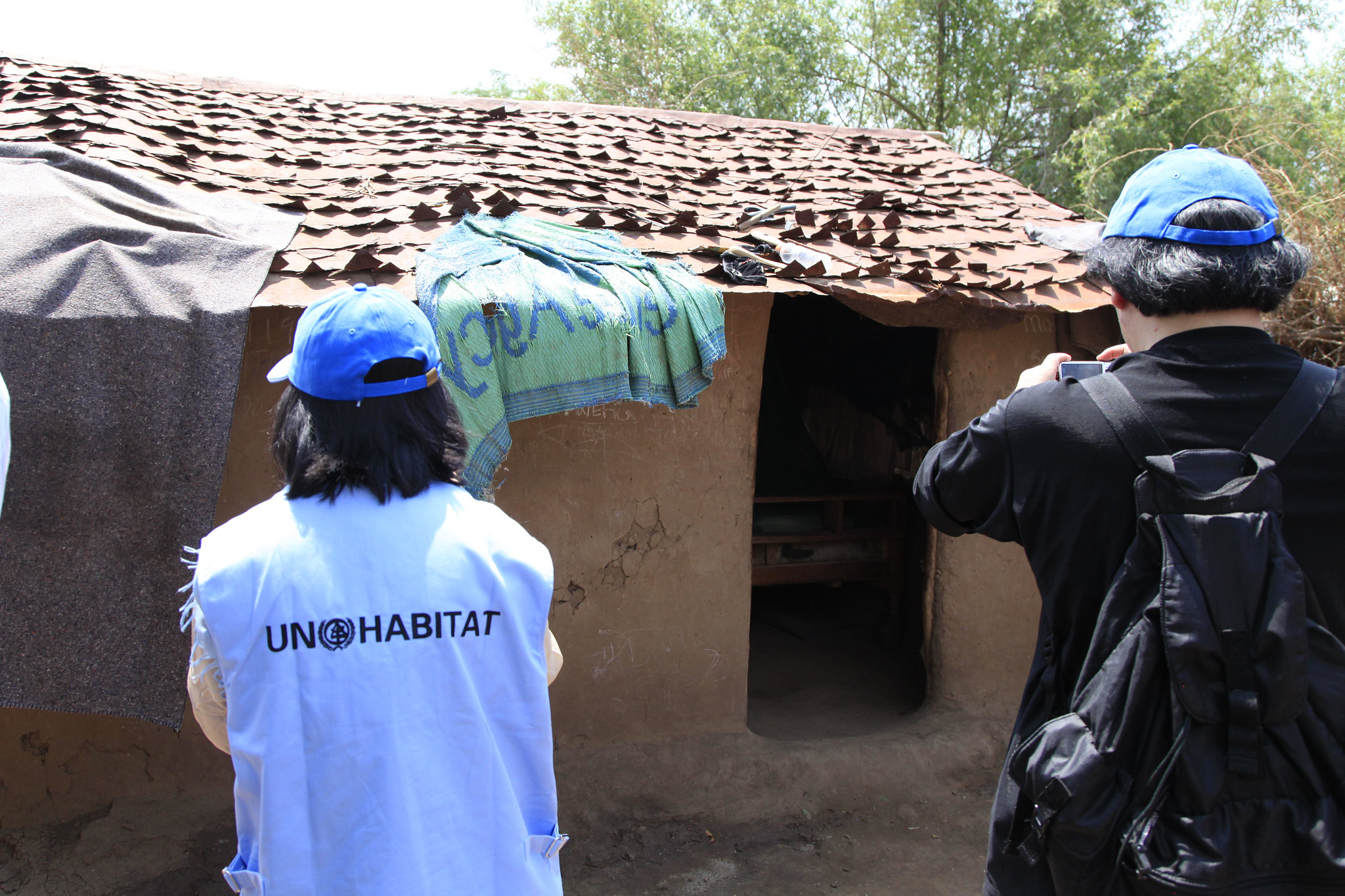
Centre for Urban-Rural Linkages in Africa (CURLA)
The University of Nairobi partnership in with the United Nations Centre for Human Settlements (UN-HABITAT) hereby establishes the CENTRE FOR URBAN-RURAL LINKAGES IN AFRICA” (CURLA) as a centre of excellence in the African region. The Headquarters of the Secretariat of CURLA will be in Nairobi, Kenya at the University of Nairobi (UoN). CURLA will be affiliated with to Department of Urban and Regional Planning (DURP) in the Faculty of Built Environment and Design (FBED). The Centre will provide requisite institutional environment that is conducive to innovative and multidisciplinary research, outreach in society through capacity building, mentoring of students as well as supporting policy making within a framework of integrating spatial, sectoral and territorial development effort. The unique contexts of policy making and sociocultural and economic needs against ecological resource and environmental sustainability imperatives in African countries will inform the activities of the Centre.
Relevance of Curla
TO THE UNIVERSITY OF NAIIROBI
UoN’s Strategic Plan (2019-2024):Research, Enterprise and Innovation
TO AFRICAN REGION
Steer urban and territorial planning focusing on anchoring development on appropriate spatial levels- sector needs and territorial areas.
TO SOCIETY & PUBLIC INSTITUTIONS
URL-led sustainable development through capacity building in urban and territorial planning.
GLOBAL RELEVANCE
URL-led sustainable development through capacity building in urban and territorial planning.
Expected Outcome of CURLA Activities
- Endowment funding for CURLA programmes mobilized;
- URL research in African countries conducted;
- URL research findings in Africa disseminated;
- Capacity of policy makers, development managers and scholars of diverse background including and some from non-state actors in URL applications built and developed;
- Mentored young and upcoming practitioners in URL;
- Policy debate and dialogue across and within African countries to sensitize policymakers, the citizens and planners on the role of URL in sustainable urban and territorial (rural) development facilitated;
- Partnerships in URL anchored development in African countries

